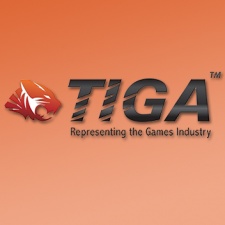UK trade association TIGA has written an open letter to the Pan European Game Information (PEGI) criticising its 'punitive pricing policy' for console and handheld games released on multiple platforms.
Under the current system, PEGI - which is roughtly the European equivalent of the ESRB - charges small game studios a fee for content rating every time they launch a game on a different console platform, including gaming handhelds such as the PS Vita or Nintendo 3DS.
This fee is charged regardless of whether any changes were made to the game's content or not, which is what led TIGA to indemnify these costs as 'excessive and unreasonable', as they present a steep cost to small studios hoping to port their game to as many console platforms as possible.
Wipe away your tiers
As of 1 July 2014, PEGI will have three effective pricing tiers.
- The first, for online and downable games only - which must be under 250MB - is the cheapest, and charges €260 for certification. This same fee is assessed for each additional console or handheld platform that a game in this tier is rated for, even if the content is unchanged.
- Following that is a middle tier - for games larger than 250MB and a production budget under €200,000. Handheld and console games in this tier are charged €1,155 for certification and €1,050 for each additional platform.
- Finally, the highest tier - for games with a budget over €200,000 - charges €2,100 for certification and €1,050 for each additional platform.
Speaking on this system, TIGA CEO Dr. Richard Wilson stressed that these repetitious fees hurt developers by limiting the number of platforms they can reach with their games.
"The majority of UK and European games developers operate small studios where financial resources are limited and costs need to be kept to a minimum," Wilson deailed.
"Moreover, wherever it is possible for developers to launch on multiple platforms efficiently, such as with PlayStation 3 and PS Vita, it is important to do so. This helps them reach a broader range of consumers. As an industry we should be looking to remove any barriers that prevent developers from creating games for the handheld market."





















